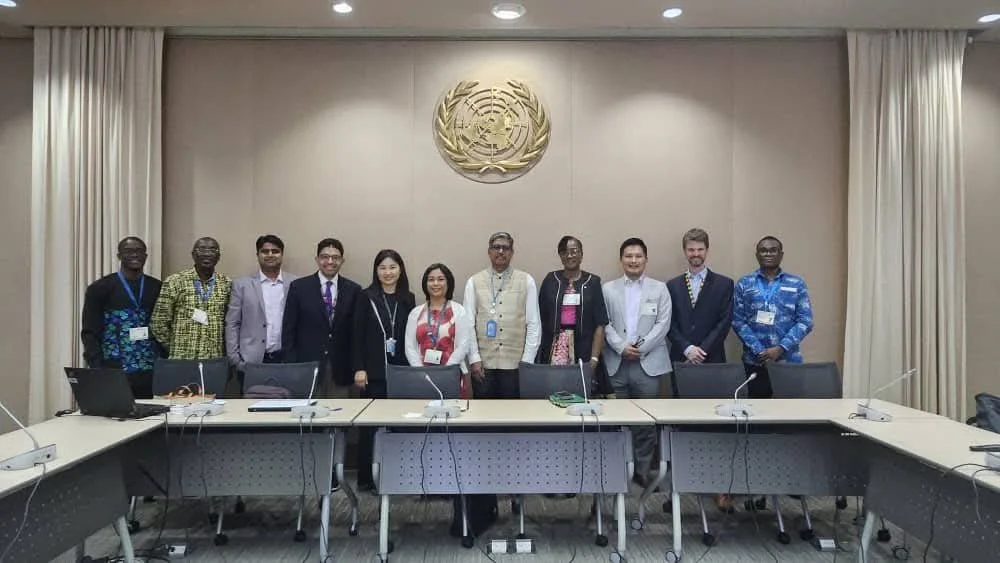Ghana Signals Seriousness on Sustainable Cooling at Montreal Protocol Talks
The 47th Open-Ended Working Group (OEWG) of the Montreal Protocol in Bangkok
Practical implementation back home matches global diplomacy
Ghana’s growing credibility in sustainable energy and climate adaptation was on full display at the 47th Open-Ended Working Group (OEWG) of the Montreal Protocol in Bangkok, where the country’s delegation presented a rare blend of ambitious policy and grounded implementation.
At a high-level side event on July 9, Mrs. Eunice Biritwum, Acting Executive Secretary of the Energy Commission, outlined Ghana’s strategy under its National Cooling Action Plan (NCAP)—a framework developed to improve appliance efficiency, reduce greenhouse gas emissions, and improve access to safe, climate-friendly cooling solutions. The NCAP, jointly implemented by the Energy Commission and the Environmental Protection Agency (EPA), includes import regulations, minimum energy performance standards (MEPS), and consumer-facing initiatives such as the ECOFRIDGES programme.
Speaking at the event co-hosted by the United Nations Environment Programme (UNEP) Cool Coalition and the Climate and Clean Air Coalition (CCAC), Biritwum noted that "cooling is no longer a luxury"—especially in climate-vulnerable regions. Ghana’s integrated approach was referenced by fellow panelists from Morocco, Vietnam, and Japan as a possible model for other developing countries balancing climate resilience with energy access.
While much of the international conversation remains policy-centric, Ghana distinguished itself by highlighting recent domestic rollouts. Just one day prior, on July 8, the Energy Commission convened a town hall in Koforidua’s New Juaben North Municipality, bringing together electrical contractors, security personnel, market leaders, and the media to discuss energy safety and efficient wiring practices. These engagements are part of a national drive to increase public understanding of appliance labeling, safe installations, and electricity conservation.
The outreach extended to radio, with a live sensitisation programme aired on Bryt FM, a widely followed Eastern Region station. Commission officials fielded calls and explained the benefits of energy-efficient products—not just in terms of safety, but cost savings and compliance with national standards.
The contrast between policy and practice has been a recurring critique in international climate fora. In Ghana’s case, however, the connection is deliberate. The Energy Commission’s online summary of its participation in the OEWG draws a line between the country’s diplomatic engagements and ongoing local initiatives, reinforcing a theme of accountability.
As carbon finance, green bonds, and appliance modernization initiatives look for credible deployment channels, Ghana’s steady progress—measured as much in town halls as in treaties—makes it a market worth watching.

